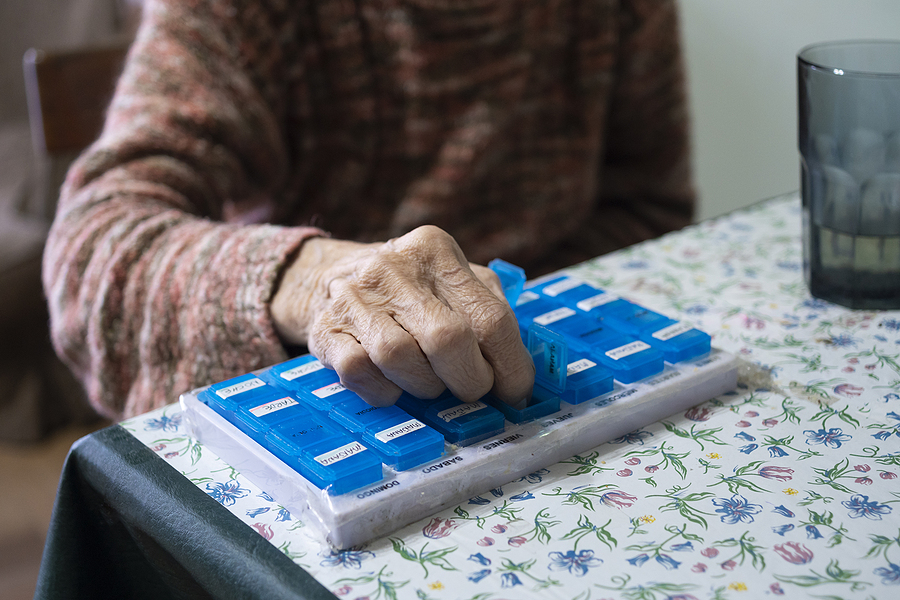Prove liability in defective drug cases against manufacturers with the right legal strategy and skilled advocacy. This approach can help harmed patients hold corporations accountable.
Product Liability for Dangerous Drugs
A drug may be deemed defective under three main theories:
- Design defect
- Manufacturing defect
- Failure to warn
A design defect is when the drug is inherently dangerous due to flaws in its formulation, while a manufacturing defect is when the drug deviates from its intended design because of contamination or production errors. Failure to warn is a marketing defect where the manufacturer fails to provide adequate warnings or instructions about the drug’s risks.
Liability can’t be established until attorneys show that the drug manufacturer owed a duty of care to the patient. In the United States, manufacturers of prescription or over-the-counter (OTC) drugs generally have a responsibility to conduct adequate clinical testing, follow rigorous FDA approval procedures, and provide accurate labeling to health care providers and patients.
Causation: Linking Drug Defects to Injury
Liability depends on proving that the defects caused an injury, so personal injury attorneys must establish general causation or specific causation. General causation means that the drug is capable of causing the type of harm the patient experienced, while specific causation means that you were harmed because of the defect.
Once causation is established, demonstrating your damages helps prove liability and effective drug cases. As such, damages may include:
- Past or future medical expenses
- Lost wages
- Pain and suffering
- Disfigurement
- Permanent or temporary disability
- Emotional distress
Sullivan and Sullivan compile medical bills, wage records, and expert valuations to quantify how this effective drug has affected your life. Reach out today to schedule a no-obligation consultation.
Overcoming Manufacturer Defenses in Defective Drug Cases
Drug companies often use defenses, including claiming they followed state-of-the-art scientific protocols and regulations. Some may even assert that they provided adequate information to prescribing physicians or that the physician bears responsibility for warning the patient. Others may suggest that something the patient did or omitted contributed to the injury.
Proving liability and defective drug cases is about smart litigation strategy. Sullivan and Sullivan attorneys tailor our response through expert rebuttals, factual evidence, and industry standards to methodically counter each defense. We identify how other courts have ruled in similar cases and prepare for a strong negotiation with compelling courtroom presentations.
The Role of FDA Oversight and Regulatory Evidence
FDA regulatory failures can also support your case. Attorneys may gather warning labels, FDA rejects, or safety correspondence, including documents from past marketing surveillance and internal communications revealing when critical risk information was withheld.
These essential documents can help establish breach, causation, or foreseeability and strengthen your claim’s foundation. Sullivan and Sullivan’s litigation-focused attorneys understand the emotional, financial, and physical impact that defective drugs can impose. Therefore, our team investigates thoroughly, leverages resources, and keeps your best interests at the center of every decision.
Determining Product Liability for Dangerous Drugs with Sullivan & Sullivan
Sullivan and Sullivan attorneys prioritize personalized care, compassion, and transparency throughout your defective drug case. We leverage access to leading scientific and medical experts who can help reinforce the technical dimensions of your claim and prove liability in defective drug cases.
Florida statutes of limitations vary depending on the specifics of your injury or claim. Call Sullivan and Sullivan today for a free, confidential consultation, and we’ll review details, explain your legal options, and guide you with care and compassion.


